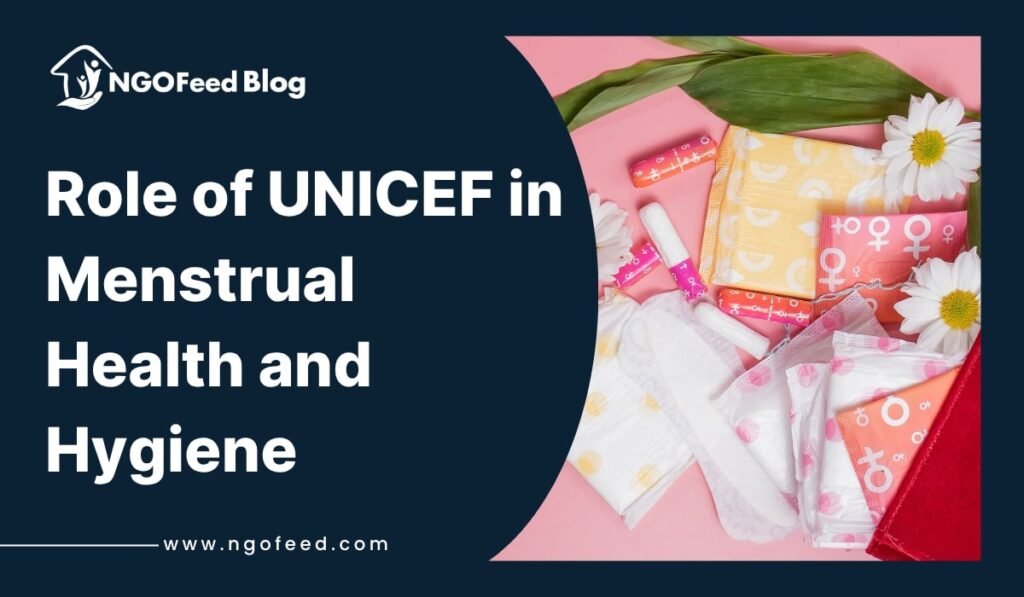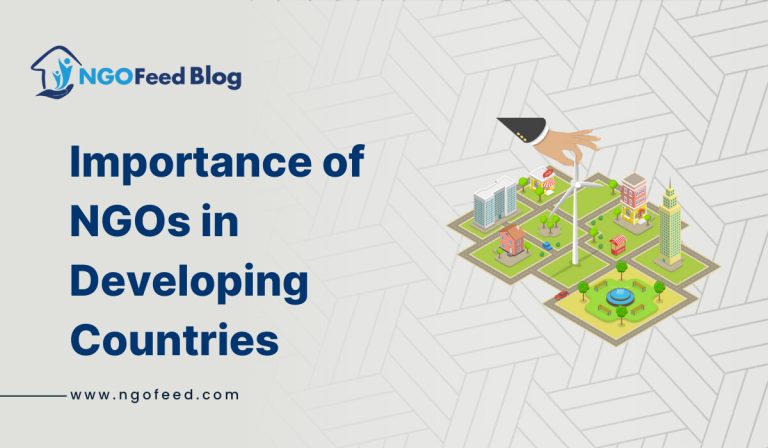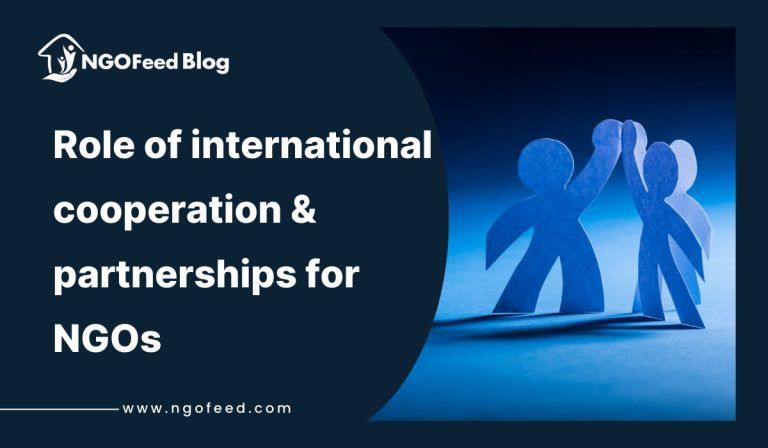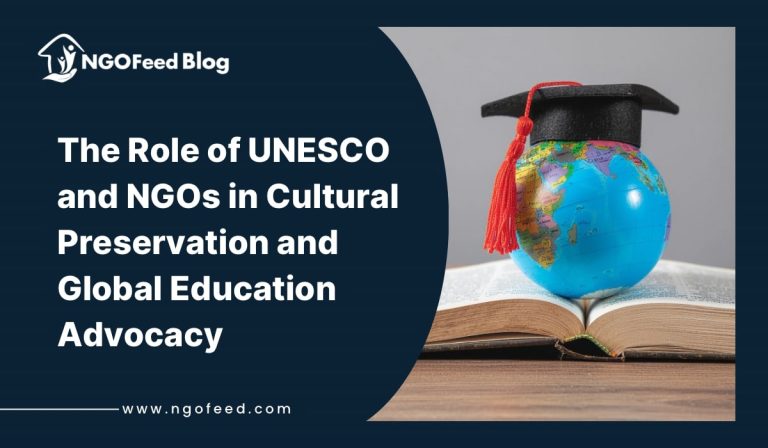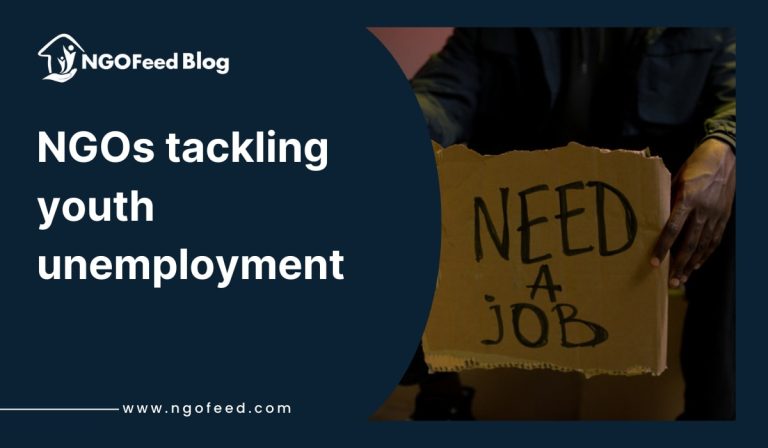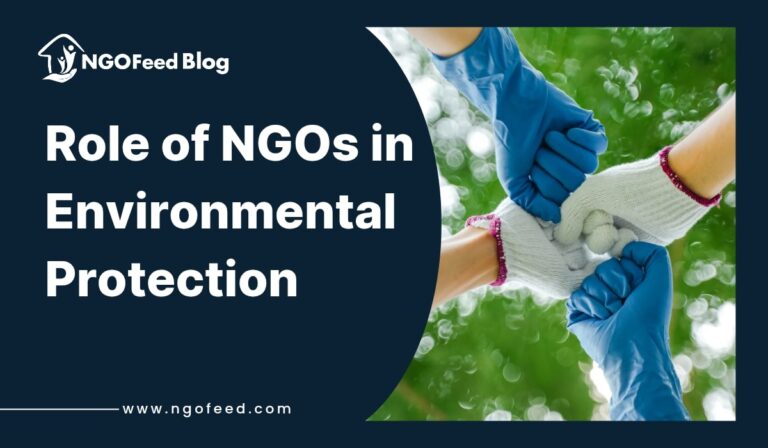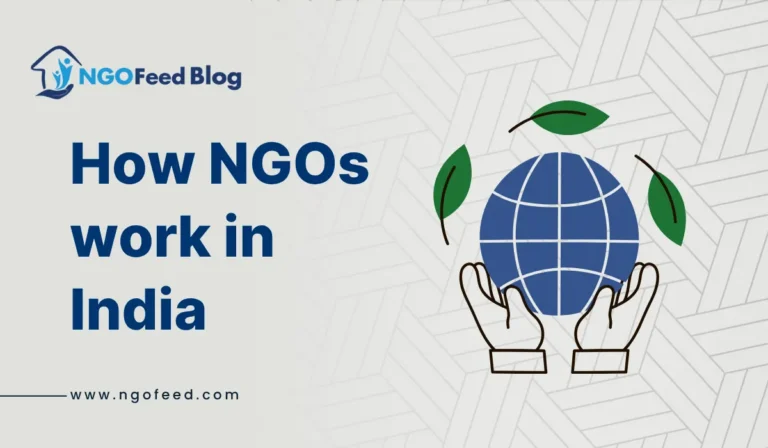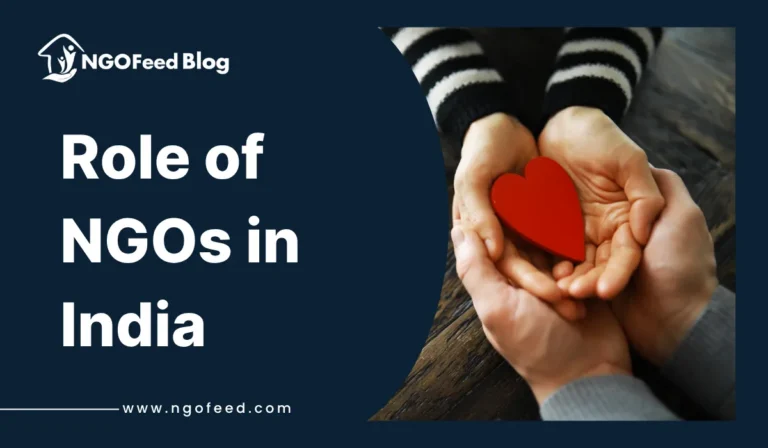Role of UNICEF in Menstrual Health and Hygiene: Menstruation is part of natural biological processes, and as we know, stigma, silence, and discrimination still exist in many areas of the world. For millions of girls and women around the world, menstruation is more than a health issue; it is about dignity, equity, and human rights. Limited access to menstrual hygiene supplies, clean water, sanitary facilities, and proper information leads to barriers regarding education, mobility, and access to public life.
As the world’s leading force in child rights and development, UNICEF (United Nations International Children’s Emergency Fund) is making a transformative contribution in promoting menstrual health and hygiene (MHH) globally. Through its partnerships, programs, and advocacy, UNICEF intends to create inclusive spaces where menstruation does not induce shame nor is a disqualification of opportunities.
Table of Contents
What does menstrual health and hygiene mean?
Menstrual health and hygiene, or MHH, is the state of physical, mental, and social wellbeing connected to the menstrual cycle. This includes more than only sanitary products, it incorporates:
- Knowledge and education about menstruation
- Sanitized facilities and disposal
- Supportive schools and community environments
- Addressing taboo and cultural myths
UNICEF recognizes that effective menstrual health and hygiene is an important part of gender equality, promoting attendance at school, and ensuring the health and dignity of girls and women.
Also Read: Role of UNESCAP in India
UNICEF’s Global Strategy for Menstrual Health
UNICEF’s approach to MHH lies within its Water, Sanitation and Hygiene (WASH) program in over 100 countries. UNICEF pursues a three pillars to achieve improvements in menstrual health and menstrual hygiene:
1. Increasing Awareness and Knowledge
UNICEF collaborates with governments, educators, and community leaders to infuse menstruation education within school sport curriculums and in community outreach programs. The aim is to:
- Provide age-appropriate scientifically accurate education about menstruation
- Involve boys and parents and teachers in open discussions
- Challenge stigma and harmful cultural practices
For example, in India, UNICEF supported the development of “Menstrual Hygiene Management Guidelines” for schools in partnership with the Ministry of Education. These guidelines help ensure that students and teachers have knowledge and confidence.
Also Read: Role of UNWTO in Tourism
2. Access to Sanitary Products and WASH Facilities
The lack of sanitation and hygiene facilities greatly affects girls’ continuation in education. Many girls will not go to school or participate in school during menstruation due to a lack of accessible clean toilets, water, and sanitary products. UNICEF supports analysis, design, and improvement of infrastructure by:
- Building toilets that are gender-separated in schools
- Providing clean water and hand washing soap
- Supporting the local production and distribution of sanitary pads
- Providing access to reusable and sustainable menstrual products
For example, UNICEF activity supported school-based production of reusable pads by girl groups in Uganda which not only improved access but promoted entrepreneurship.
3. Advocate for Policy and System Strengthening
UNICEF advocates for national policy and funding mechanisms to prioritize MHH as a development issue. This encompasses:
- Influencing policy and budget decisions at the government level.
- Developing national MHH guidelines and monitoring frameworks.
- Building the capacity of institutions to implement MHH programs effectively.
In Nepal, UNICEF was instrumental in the government’s decision to ban Chhaupadi – a harmful practice that restricts access to certain activities and movements for menstruating girls – and the introduction of national MHH norms for schools.
Also Read: Role of UNHRC in India
Role of UNICEF in Menstrual Health in Emergency and Humanitarian Contexts
UNICEF works on menstrual hygiene in conflict zones, refugee camps, and in disaster-affected areas where citizens are at their most vulnerable and have compromised access to basic resources. At this time, among other things, menstruation is usually overlooked by all stakeholders but it is a key need.
As part of UNICEF’s emergency response packages, menstrual hygiene kits are included. Generally speaking, these kits include:
- Sanitary pads or cloths,
- Underwear,
- Soap,
- Water containers, and
- Instructions for use and disposal.
UNICEF also seeks to establish gender-sensitive sanitation facilities in emergency shelters and camps, which allow for decreased risk of gender-based violence and the restoration of dignity to displaced women and girls.
Also Read: Role of WFP in India
For example, in Yemen and Syria, UNICEF’s emergency response activities includes distribution of menstrual hygiene supplies and provision of safe spaces for adolescent girls to explore MHH in a supportive environment.
Gender Equality and Empowerment through MHH
MHH is a crucial enabler for gender equality. When adolescent girls are able to manage their periods safely and confidently, they will remain in school longer and are more likely to participate in sports, and be involved in leadership opportunities.
UNICEF’s programming has the following that empowers adolescent girls:
- Training peer educators and “menstrual champions” in schools;
- Supporting girls’ clubs that allow them to talk about menstruation freely without judgment;
- Partnering with local women-led organizations to raise awareness.
UNICEF’s work contributes to destigmatizing menstruation, eliminating absenteeism among girls, while building self-confidence and esteem in girls. This leads to long-lasting gender empowerment.
Challenging Taboos through Media and Communication
UNICEF utilizes the power of communication to challenge taboos and strengthen dialogue – including:
- Social media campaigns (for example, India #RedDotChallenge);
- Short films, animations, storytelling projects;
- Engaging influencers, celebrities, and youth ambassadors.
Also Read: Role of UNAIDS in India
By elevating voices and opening up dialogue, we can relinquish the taboo nature of periods and promote a healthy practice of self-care.
Regional Examples of Success
India
UNICEF India’s MHH program has helped millions of girls through awareness activities, upgraded school WASH facilities, and promotion of affordable sanitary products. Working with various state governments, we have reached out to integrate menstrual hygiene within the school health programs.
Ethiopia
In Ethiopia, UNICEF worked with the Ministry of Education to build girl-friendly school toilets, provide dignity kits, and develop menstrual hygiene education guidelines, all of which have contributed to the reduction of dropout rates.
Indonesia
UNICEF Indonesia worked with religious and community leaders to see through the dismantling of menstrual taboos in collaboration with teachers to educate them to use culturally relevant pathway for menstrual education with girls in schools.
Monitoring Impact: Data and Research
UNICEF is an organization committed to using evidence for programming. We do research and come up with a variety of monitoring tools to track ongoing progress regarding the education and training, and impact and effectiveness of MHH interventions. Key indicators we track include:
Also Read: Role of UNODC in India
- Number of schools with girl-friendly WASH facilities
- Percentage of girls receiving menstrual education
- Attendance of girls when they menstruate
- Prevalence of harmful practices and stigma
This data helps us to continue to refine MHH strategies and utilizes it for accountability.
Challenges and the Way Forward
There is still work to be done despite making strides:
- Cultural resistance and deeply held taboos
- Inconsistent funding to MHH programs
- Concerns regarding the disposal of sanitary waste for the environment
- Limited priority in national education and health policies
UNICEF’s recommended solution is to work across sectors. Achieving MHH implicates working with governments, civil society and private sector donors, and young people to take existing successful models/frameworks and accelerate innovative practices and policy to link MHH to broader development goals.
Also Read: Role of UNEP in the Environment
Collaboration with NGOs: Strengthening Grassroots Impact
Non-Governmental Organizations (NGOs) play a vital role in advancing menstrual health and hygiene, especially at the grassroots level where cultural barriers and limited infrastructure often persist. Working in partnership with UNICEF, many local and international NGOs implement community-based programs that are tailored to the specific needs and sensitivities of different regions. These NGOs conduct awareness campaigns, distribute sanitary products, train community health workers, and run girls’ empowerment clubs.
They act as a bridge between policy and practice, ensuring that the benefits of national and international initiatives reach even the most marginalized girls. In countries like India, Bangladesh, Kenya, and Uganda, NGOs have been instrumental in breaking taboos around menstruation and creating sustainable, locally accepted solutions. UNICEF often collaborates with such organizations to scale up successful models and foster innovation in menstrual education and hygiene practices.
Also Read: Role of NGO in Women Empowerment in India
Conclusion: A Future of Dignity, Not Discomfort
Menstrual health and hygiene is not a “women’s issue” – it is an issue of public health, education, dignity and human rights. By prioritizing menstrual health and hygiene holistically, not only is UNICEF supporting the lives of girls and women, but it also contributes to creating more equitable societies.
As increased awareness of menstrual health and hygiene is growing, UNICEF is striving to reinforce the theme of addressing menstrual health and hygiene through the lens of innovation, advocacy and partnerships. UNICEF’s work in this area is ensuring no girl is left behind before the end of her period – and it is aiming to support a narrative – that menstrual health and hygiene is not something to be embarrassed about – it is something to be proud of and empowered by.

